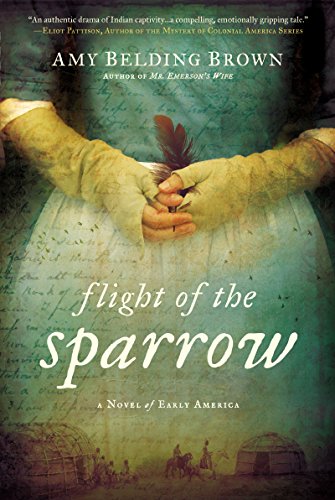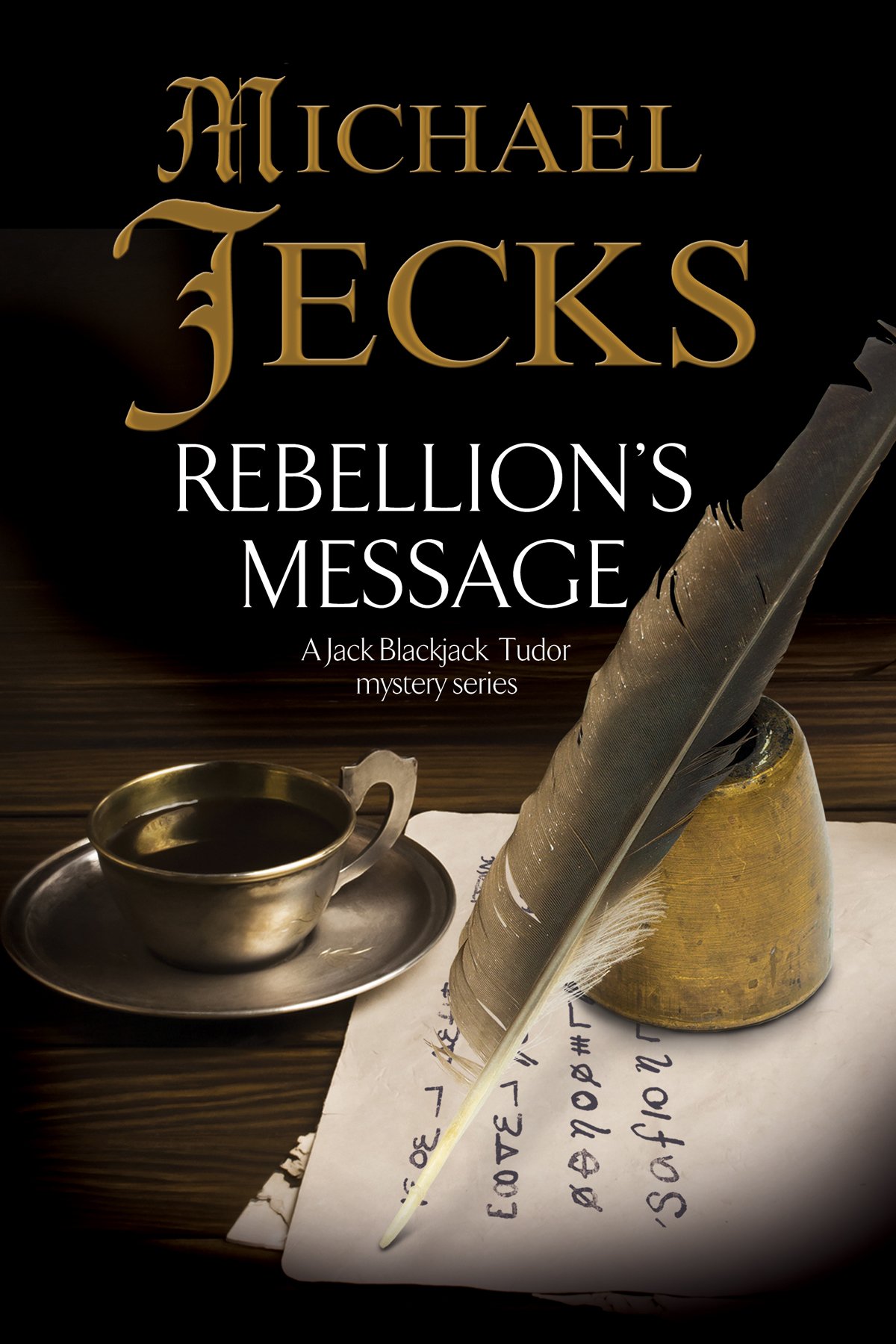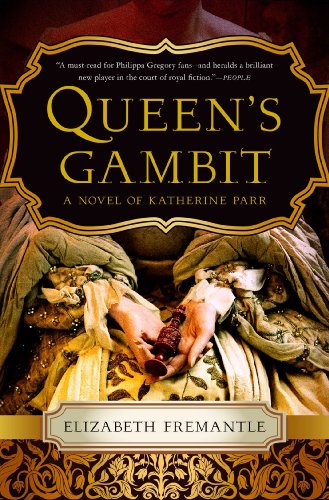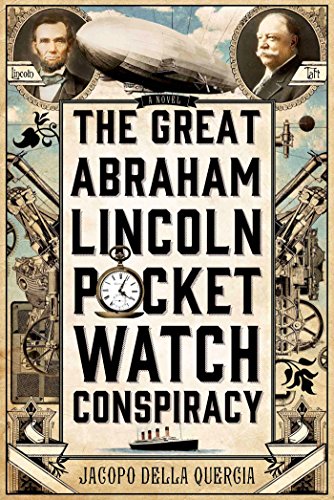Release Date: May 5, 2020
A fascinating true story about how a woman turns her husband's brewing company into an empire that survives Prohibition, after he is murdered by one of his mistresses.
I knew nothing about Emma Koehler or Pearl Brewing before picking this up, but the only thing better than a dramatic story is one that's true, so I couldn't resist. It's a great story, but I think it could have been told in a slightly better way. It's as though the author attempted to tell it in dual time periods - one when Emma is elderly and hires a young woman to take notes for her autobiography, and the other as Emma's past. The problem is, we only get Emma's past as she's dictating it, so it's not always a true dual-time period story because we only really hear Emma telling us about her past, we don't get to actually see it very much. That was a little disappointing, and I felt like much of her accomplishments were brushed over, but it's still a great story about woman who wouldn't be held back by the personal tragedies that befell her. Not only did she rise above them, she became more successful and powerful than her narcissistic husband had been during a time when women didn't have the right to vote, and managed to maintain it through WWI, Prohibition, the Great Depression, and even the start of WWII.
Additional dimension is added by exploring the fictional character Mabel Hartley, the notes taker. Rather than just being a means of storytelling, she provides a much needed happier ending too.
Advanced review copy from publisher via NetGalley. My opinions are my own.



























